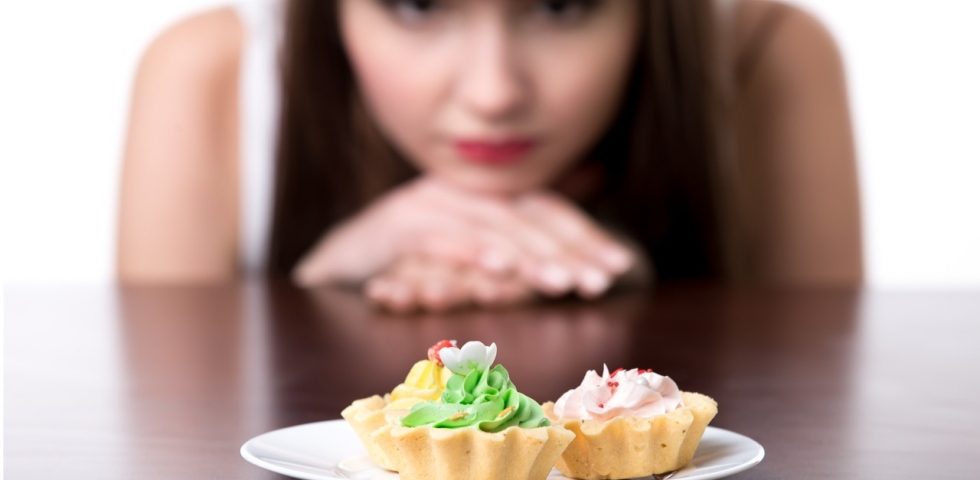- Have any questions?
- +1 905-239-3900
- info@mynaturalclinic.com
Is Stress Making You Eat?

Case Study: Nikki lost 20 lbs and felt great again in 4 months…without medications!
January 17, 2021
Covid Vaccine Update & Your Fertility
January 25, 2021Written by Dr. Sandra Miranda, ND
We are all feeling the pressure these days with everything surrounding the pandemic. Maybe you are stuck at home trying to work your own job and remote school your children. Maybe you lost your job. Maybe you are part of the high-risk population and are just trying your best to survive and stay safe with your loved ones. Stress just seems part of our daily lives, and it seems like an impossible thought that life will ever go back to “normal.” You are not alone right now! The stress is real, and it is not making any of these situations any easier!
What would you think if I told you there were some simple ways to help you manage your stress response just with the food you eat?
Food can play a bigger role in our stress levels than any of us may think. You know the saying, “you are what you eat?” Well, if you spend your time “stress eating” you’re doing just that. Eating your stress.
Nourish your body.
If we want to have a better chance at managing our stress response, one of the most important things we can do is support our bodies with healthy food and avoid “eating our stress.”
You know what the most important food group is to avoid when stressed?
Without a doubt, it is the highly processed and carb-heavy foods.
Unfortunately, these are what we all reach for most when we are stressed – they are convenient, fast, and many of them are what we like to call “comfort foods.” However, many of them are highly chemical laden, and much more difficult for our bodies to digest, and many may contain foods or compounds that our bodies are sensitive or allergic to. All of this leads to increased inflammation of the gut, poor digestion (and subsequent malnutrition), and a further stress response from the body. So now our bodies have to work that much harder to return to a state of calm and balance.
Okay, so while you shouldn’t be “stress eating” all the carbs and processed food, what can you indulge in to help your body through these stressful times?
Leafy Greens: I know you’re probably tired of hearing how important leafy greens are to your diet, but seriously – it’s true! Aside from the multitudes of overall nutritional value that greens provide, they also have folate and magnesium. These are two important nutrients that are crucial for mental health support. Low levels of folate have been linked to depression and anxiety, as folate is important in the synthesis of neurotransmitters. Magnesium helps our muscles (and really our whole body) relax, it helps regulate our cortisol response, and is a necessary cofactor for many of the body’s daily functions. SO – mix some greens into your morning smoothie, hide them in your meatballs, or just mix them with a little olive oil and garlic and saute them up a bit, but get some greens in your daily life!
Green Tea: Okay – I hear you saying, “How is a caffeinated tea going to help me manage my stress? Isn’t it just going to make me more anxious?” The answer here is “not necessarily.” Green tea contains an amino acid called L-theanine, which has been proven to decrease blood pressure and anxiety. This helps to relax the brain from the current stressful situation, while the caffeine helps to direct mental focus so that you can still function. And the amount of caffeine in a cup of green tea is far less than you would find in a cup of coffee, so it won’t give you “the jitters” that you might get from coffee.
Dark Chocolate: Not all chocolate is created equal. Dark chocolate is actually one of the more beneficial forms of chocolate as it is loaded with nutritious benefits, especially the chocolate with at least 80% cacao. Dark chocolate contains important antioxidants (flavonoids and polyphenols) that help to fight the free radicals our body creates when it is under stress and fighting inflammation. In times of stress, inflammation and free radical production tends to be higher because self-care goes out the window and we all turn to that “stress eating” and other unhealthy coping mechanisms. The antioxidants in dark chocolate are also great for supporting cardiovascular health and cognitive function. So go ahead and indulge in a little chocolate when you are feeling stressed out…just make sure it is at least 80% cacao dark chocolate!
For healthier coping mechanisms to handle stress, please reach out, and seek added support when necessary! 905-239-3900

